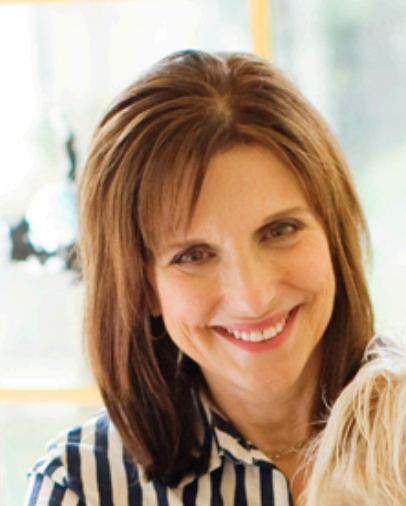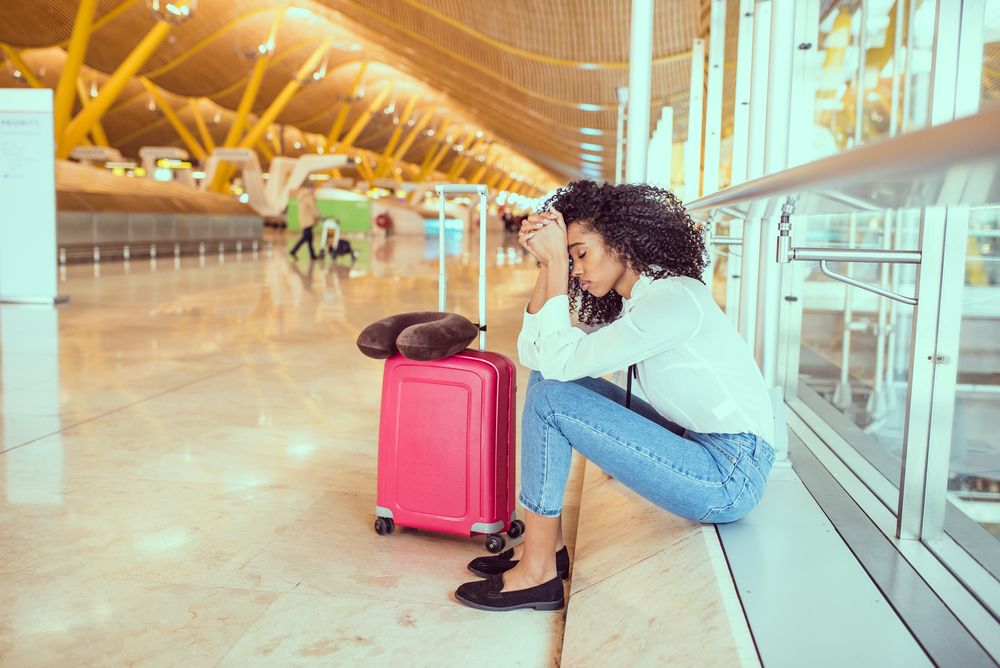Whenever I fly to visit my family in the U.K., I’ve resigned myself to the fact that I’ll feel tired and queasy during the day, then find myself wide awake all night. Jet lag seems inevitable if you are taking a long-haul flight. Wreaking havoc on your body, you can spend the first few days of a much-needed vacation or business trip feeling groggy and unproductive. There is no magic bullet cure for jet lag. But there are ways to reduce the symptoms.
Caused by the disruption of our circadian system, otherwise known as our internal body clock, jet lag actually makes sense from an evolutionary point of view, says Frank Scheer, Ph.D., director of the medical chronobiology program at Brigham & Women’s Hospital and professor of medicine at Harvard Medical School. “In the past, when people were traveling on foot, our biological clock wouldn’t need to change at jet speeds,” he tells Thrive. “We have a circadian clock that is changing at the speed of a snail, but we’re traveling at the speed of a cheetah,” explains Scheer. “Our behaviors and environment change abruptly, while our biology is lagging behind. As a result, it takes us about a day for every hour of difference in the time zone to readjust.”
Scheer has conducted extensive research into circadian misalignment, which occurs when our body clock and behaviors are “out of whack.” It applies to both jet lag and shift work. In a 2009 study, which set the foundation for later work on the subject, Scheer and his colleagues put subjects on a 28-hour sleep/wake cycle. They would effectively “fly” to a four-hour-later time zone, every day. “We saw that glucose control got progressively worse as the timing of the behavioral cycle was increasingly misaligned, which is a risk factor for Type 2 diabetes.”
In later research his group also found links to cardiovascular disease and inflammatory problems. “Jet lag is not just about feeling sleepy and feeling bad,” he says, “it’s about your health deteriorating.” And they found that shift workers (therefore frequent fliers too) don’t develop a tolerance for the effects of jet lag.
Of course, we’re not going to stop flying. Scheer points out that the severity of jet lag depends on the direction of your flight and the number of time zones you are crossing. Traveling east is harder than going west, while traveling north to south is not going to cause any jet lag, says Scheer, who is originally from the Netherlands and often flies from Boston to Europe. While we can’t eliminate jet lag, we can mitigate the effects, he says. Here are his suggestions based on a flight from Boston to Amsterdam. Depending on where you are traveling, you can adjust the recommendations accordingly.
Start going to bed earlier before you fly
Get a head start on jet lag by tricking your body to prepare for the change. Amsterdam is six hours ahead of Eastern Standard Time, so if you live on the east coast, start to move your bedtime and wake-up time earlier by one hour per day for about four days before leaving on your trip. If your normal bedtime is midnight, four days before you fly, go to bed at 11 p.m. and get up an hour earlier. The day after that, your bedtime should be 10 p.m., and so on. It will help when you reach Europe, especially if you’ve taken an overnight flight. If you were to arrive in Amsterdam at 8 a.m. and hadn’t adjusted your clock, your body would think it was 2 a.m. — the time in Boston.
Get sunlight at the right time
Light regulates our circadian clock. If you’ve already advanced your clock by four hours, get some bright sunlight when you land, to reinforce that time change and remind your body it’s time to start your day. If you haven’t done any clock-resetting prep work, try wearing sunglasses when you land in the early morning to limit light exposure that might “push” your clock in the wrong direction. Then later in the day, go out into the sunshine for a walk. At night, minimize exposure to bright light, including electronics.
No sleeping pills
A sleeping pill is like a Band-Aid. You may sleep with sedatives, but they won’t fix the underlying circadian rhythm or help with jet lag.
Ask your doctor about melatonin
Melatonin is a hormone that our brain normally produces at night. It can promote sleep, Scheer says, but won’t knock you out like a sleeping drug. “It has a phase shifting effect, which means that just like light, it can shift the time of your central clock.” But before giving it a try, consult your own doctor about the dosage that might be right for you.
Eat at the right time
If you have a night flight, it is best not to eat anything while on the plane, “so no food during your biological night,” says Scheer. If you normally eat breakfast at 7 a.m. at home (in Boston), try to eat at 1 p.m. local time in Amsterdam. “If you have advanced your biological clock, you can adjust this to an earlier meal,” he notes. Once you’ve arrived, map out meals based on the local time, for example dinner at 7 p.m., to adjust as quickly as possible. “Our new, as yet unpublished research shows that if we eat at the right time, we may prevent some negative effects of circadian misalignment,” Scheer adds.
Sleep at your regular bedtime
Get on a regular bedtime and wake-up schedule as quickly as possible, so if you normally go to bed at 10 p.m. try to stay up till 10 p.m. in your new location too.
Exercise
Recent research reports that exercise may help to counter the impact of jet lag. There is no strong, science-backed evidence, but as exercise in general promotes health and well-being, wherever your travels take you, try to resume your workout routine as soon as possible.
Follow us here and subscribe here for all the latest news on how you can keep Thriving.
Stay up to date or catch-up on all our podcasts with Arianna Huffington here.


